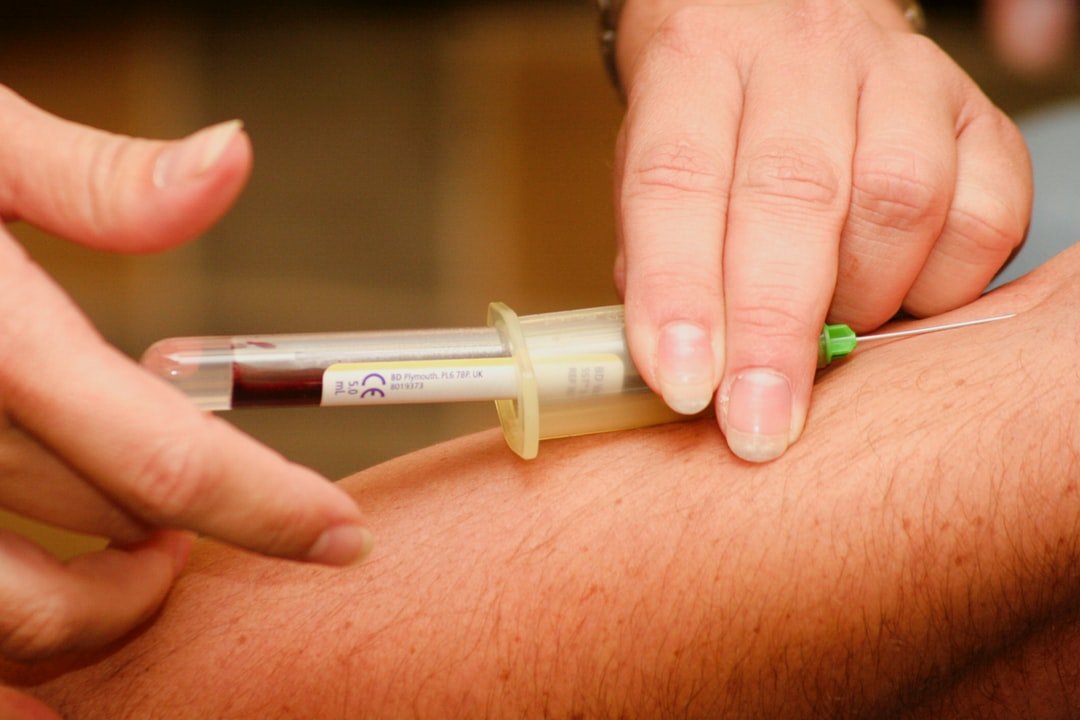Prostatis Treatment

Prostatitis, also known as pelvic inflammatory disease, is a medical condition which causes inflammation or swelling of the prostate gland. This condition may affect men of all ages and can be either chronic or acute in nature. It can be a hereditary condition that has a greater risk for males than for women.
It is characterized by repeated urinary tract infections (UTI's) which are caused by bacteria entering the urethra through the prostate gland. As a result, urinary tract obstruction and subsequent painful urination occur. This prosthesis treatment will help you to deal with this condition.
When bacteria enter the urethra via the prostate, there is likely to be an immediate pain and discomfort, and the urine may appear dark or foul smelling. However, if the prosthesis problem occurs even without urinary obstruction, then the urethra may not be sufficiently blocked, leading to the patient experiencing pain and urine flow obstruction. When this occurs, then the only solution is to visit a doctor. If prosthesis is due to urinary infection, then antibiotics are the best way of dealing with it.
The most common cause of prosthesis is a bladder infection. If prosthesis treatment is necessary for a patient, antibiotics may be administered as soon as possible to combat the bladder infection and help the patient get rid of the proximal end of the condition. Antibiotics may also be used if the prosthesis is caused by urethral
In some cases, levator ani syndrome treatment is needed for the removal of a urinary stone or tumor. Such invasive procedures are generally only recommended when the cause of the obstruction is already known. If a urethra is accidentally blocked by a large foreign body such as a kidney stone, then a surgical procedure may be performed. This procedure is called urethroscopy, and the surgery should be performed by a certified urologist, preferably one who specializes in such conditions. Complications can be very serious, and strict adherence to the post-operative instructions is essential.
The prostasis treatment is not very complicated, and the main types of prosthesis treatment are maintenance of adequate urine volume and ensuring that sperm remain inside the male reproductive organs. As long as sperm are able to remain in the dick, there will be no problems with male reproductive organs. In extreme cases, where the epididymis may be damaged or removed, or the testes fail to descend, then other treatments may be required. The most common ones are vasodilators and pain-relieving drugs.
For more information on prosthesis treatment, see the website of your local GP. The National Health Service (NHS) website contains many useful articles about this condition and its treatments, which you can read and also discuss with your GP. Alternatively, there are private health insurance companies which offer a variety of coverage options for this condition.
Check out this related post to get more enlightened on the topic:https://en.wikipedia.org/wiki/Category:Short_description_is_different_from_Wikidata.
